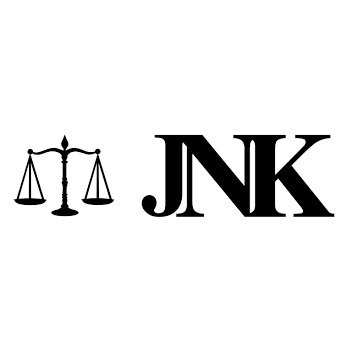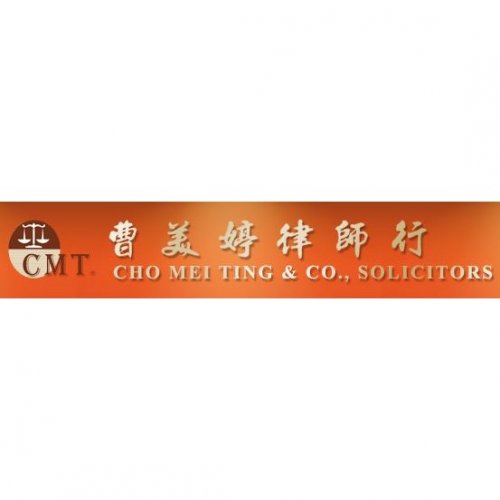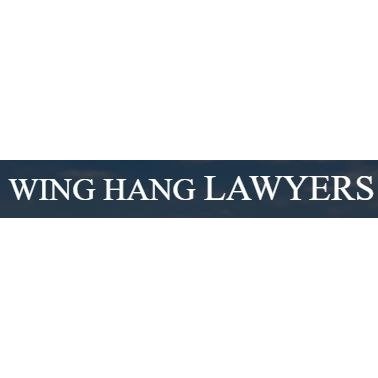Best Financial Services Regulation Lawyers in Kowloon
Share your needs with us, get contacted by law firms.
Free. Takes 2 min.
List of the best lawyers in Kowloon, Hong Kong
About Financial Services Regulation Law in Kowloon, Hong Kong
Financial Services Regulation in Kowloon, and more broadly in Hong Kong, is governed by a comprehensive set of laws and regulatory frameworks designed to maintain the integrity, stability, and confidence in the financial market. The regulatory environment here is primarily influenced by Hong Kong’s status as a major international financial center. Key regulatory bodies include the Hong Kong Monetary Authority (HKMA), the Securities and Futures Commission (SFC), and the Insurance Authority (IA), each overseeing different facets of the financial sector. The primary aim of regulation in this area is to ensure fair trading practices, protect consumers, and mitigate risks associated with financial transactions and investments.
Why You May Need a Lawyer
Engaging a lawyer experienced in Financial Services Regulation can be crucial in various situations. You may require legal assistance if you are setting up a new financial service company and need guidance on compliance with local laws. Lawyers can also help navigate complex issues such as disputes with financial institutions, regulatory investigations, or breaches of financial compliance. Individuals and businesses might also seek legal advice when large financial transactions are involved, to ensure they align with local and international regulatory standards.
Local Laws Overview
Kowloon, as part of Hong Kong, adheres to the territory’s financial regulations. Key legislative frameworks include the Securities and Futures Ordinance (SFO), the Banking Ordinance, and the Insurance Ordinance. These laws stipulate requirements for licensing, reporting, anti-money laundering (AML) measures, and consumer protection. Financial institutions must ensure compliance with these regulations to avoid penalties, sanctions, or revocation of operational licenses. Additionally, Hong Kong is known for its rigorous enforcement of corporate governance standards, necessitating transparency in financial dealings.
Frequently Asked Questions
What are the main regulatory bodies involved in Financial Services Regulation in Hong Kong?
The primary regulatory bodies are the Hong Kong Monetary Authority (HKMA), the Securities and Futures Commission (SFC), and the Insurance Authority (IA).
What type of financial activities require licensing in Hong Kong?
Financial activities such as banking, insurance services, securities dealing, asset management, and investment advisory services typically require licensing and registration with the appropriate regulatory body.
How can a lawyer assist in a financial regulatory investigation?
A lawyer can provide guidance on legal rights, advise on responses to regulatory inquiries, represent you in hearings, and help ensure compliance with investigative requirements.
Are there specific consumer protection laws in the financial sector?
Yes, there are several laws aimed at protecting consumers, including regulations on fair trading, disclosure obligations, and provisions to prevent deceptive practices in financial services.
What are the penalties for non-compliance with financial regulations?
Penalties for non-compliance can include fines, imprisonment, revocation of licenses, and other legal sanctions depending on the severity of the violation.
Is it mandatory to report suspicious transactions?
Yes, under the Anti-Money Laundering and Counter-Terrorist Financing Ordinance, financial institutions must report suspicious transactions to the authorities.
How often must financial institutions submit reports to regulators?
Reporting frequencies vary, with some reports required quarterly, bi-annually, or annually, depending on the specific activity and regulatory requirement.
How do Hong Kong's financial regulations compare globally?
Hong Kong’s financial regulations are considered robust and generally align with international standards, focusing on transparency, risk management, and investor protection.
Can foreign financial institutions operate in Hong Kong?
Yes, foreign financial institutions can operate in Hong Kong but must comply with local regulations and obtain necessary licenses.
What steps should a company take when starting a financial services business in Hong Kong?
Companies should conduct thorough due diligence, understand local regulatory requirements, obtain necessary licenses, establish compliance frameworks, and seek legal counsel.
Additional Resources
Key resources for financial services regulation include the official websites and publications of the Hong Kong Monetary Authority (HKMA), the Securities and Futures Commission (SFC), and the Insurance Authority (IA). Additionally, legal and business advisory firms often provide guides and updates on regulatory changes. Engaging with professional bodies such as the Hong Kong Institute of Certified Public Accountants (HKICPA) can also be beneficial.
Next Steps
If you require legal assistance with Financial Services Regulation in Kowloon, it's advisable to consult a lawyer specializing in this area. Start by researching and selecting a reputable law firm with expertise in financial services. Prepare a list of questions and relevant documents to discuss during your initial consultation. This proactive approach will help in building a strong legal strategy and ensuring compliance with financial regulations. Staying informed about changes in legislation and engaging with local professional networks can also provide ongoing support.
Lawzana helps you find the best lawyers and law firms in Kowloon through a curated and pre-screened list of qualified legal professionals. Our platform offers rankings and detailed profiles of attorneys and law firms, allowing you to compare based on practice areas, including Financial Services Regulation, experience, and client feedback.
Each profile includes a description of the firm's areas of practice, client reviews, team members and partners, year of establishment, spoken languages, office locations, contact information, social media presence, and any published articles or resources. Most firms on our platform speak English and are experienced in both local and international legal matters.
Get a quote from top-rated law firms in Kowloon, Hong Kong — quickly, securely, and without unnecessary hassle.
Disclaimer:
The information provided on this page is for general informational purposes only and does not constitute legal advice. While we strive to ensure the accuracy and relevance of the content, legal information may change over time, and interpretations of the law can vary. You should always consult with a qualified legal professional for advice specific to your situation.
We disclaim all liability for actions taken or not taken based on the content of this page. If you believe any information is incorrect or outdated, please contact us, and we will review and update it where appropriate.













